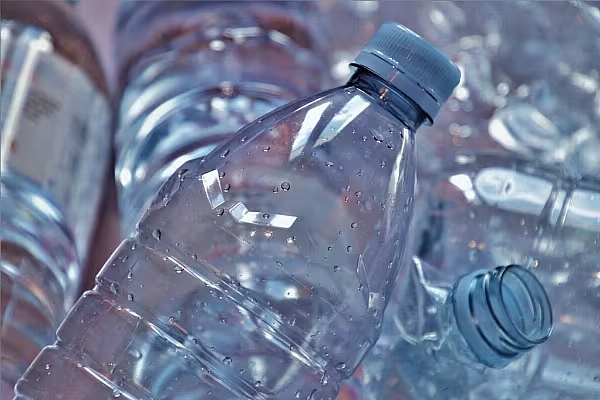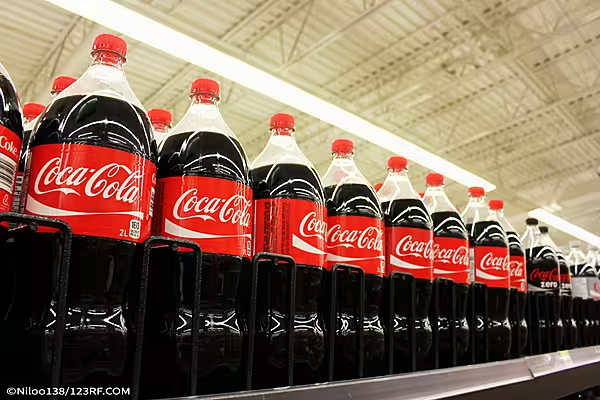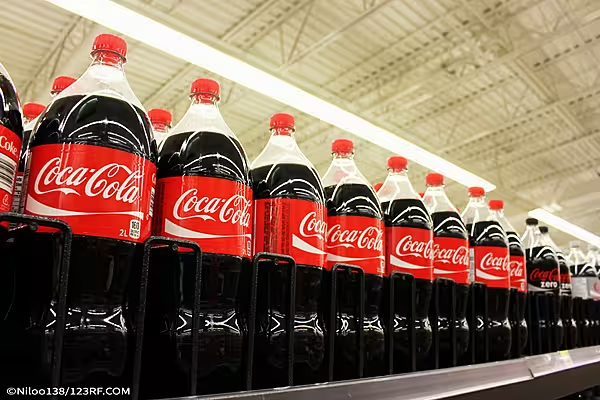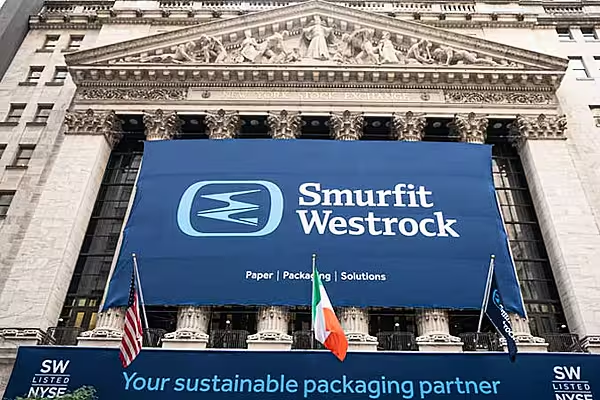Signatories of the Global Commitment on the circular economy for plastics have significantly outperformed their peers in tackling plastic waste, according to the latest progress report released by the Ellen MacArthur Foundation.
The Global Commitment, led by the Ellen MacArthur Foundation in association with the UN Environment Programme, has more than 500 organisations as signatories.
The latest progress report has revealed that brand and retail signatories have reduced the use of virgin plastics by 3% since 2018.
In contrast, the overall plastic packaging market has increased virgin plastic use by 8% over that same period.
Signatories have significantly reduced their use of some packaging items and materials commonly identified as problematic or unnecessary, with the top quartile of brand and retail signatories eliminating the use of polyvinyl chloride and expanded/extruded polystyrene in business-to-consumer packaging for FMCG since 2020.
Brand and retail signatories have also tripled the share of post-consumer recycled (PCR) content in their plastic packaging, increasing by nine percentage points, to 14%, in 2023, compared to a one-percentage-point increase for the market as a whole.
Other Findings
The report outlined that there was collective growth in the use of recycled plastics of nearly two million tonnes per annum by business signatories.
They also kept the overall growth in plastic packaging use below the market average, resulting in eliminating the production of 3.2 million tonnes of virgin plastics – equivalent to more than the UK’s annual plastic packaging use.
The total cumulative impact since 2018 is 9.6 million tonnes of virgin plastic production avoided, compared to business as usual, the report noted.
Plastic Pollution Still Growing
Despite the progress made by members of the Global Commitment, plastic pollution is still growing and demands bold action, the report highlighted.
The signatories are likely to miss key 2025 targets, as a large part of the plastic packaging industry has yet to take action and the world is off track to eliminate plastic waste and pollution.
Aisha Stenning, business action lead for the Plastics Initiative at the Ellen MacArthur Foundation, stated, “The Global Commitment has demonstrated the power of voluntary business action in the fight against plastic waste and pollution, keeping resources in the ground and out of our environment.
“Although the world remains far off track from fixing this crisis, signatories continue to significantly outperform their peers and demonstrate the roadblocks and challenges on the path ahead.”
Currently, there are more single-use plastics than ever before, and greenhouse gas emissions from plastic production are expected to more than double by 2060.
Moreover, 80% of the global plastic packaging market is not covered by the Global Commitment, and it is performing, on average, much worse than the 20% that is participating, the report noted.
The report also highlighted three pivotal hurdles in the way of making progress in plastic targets: scaling reuse; flexible plastic packaging in high-leakage countries; and lack of infrastructure to collect and circulate packaging.
Stenning added, “We now need to see an international legally binding instrument on plastic pollution alongside voluntary action – both are crucial. Negotiators have a chance to agree on a global plastics treaty this month, and we call on them to finalise an ambitious agreement to accelerate progress in the fight against plastic waste and pollution.”














